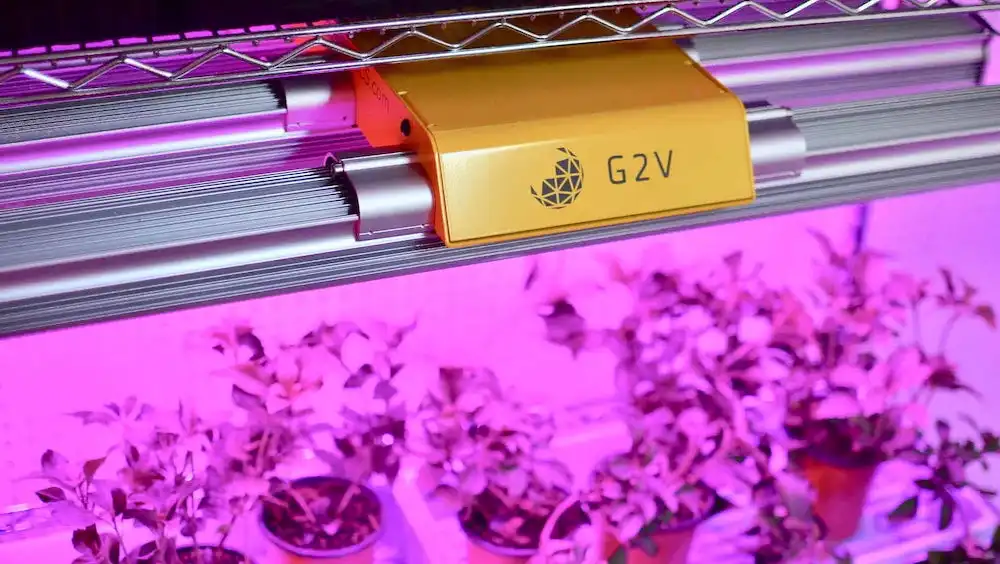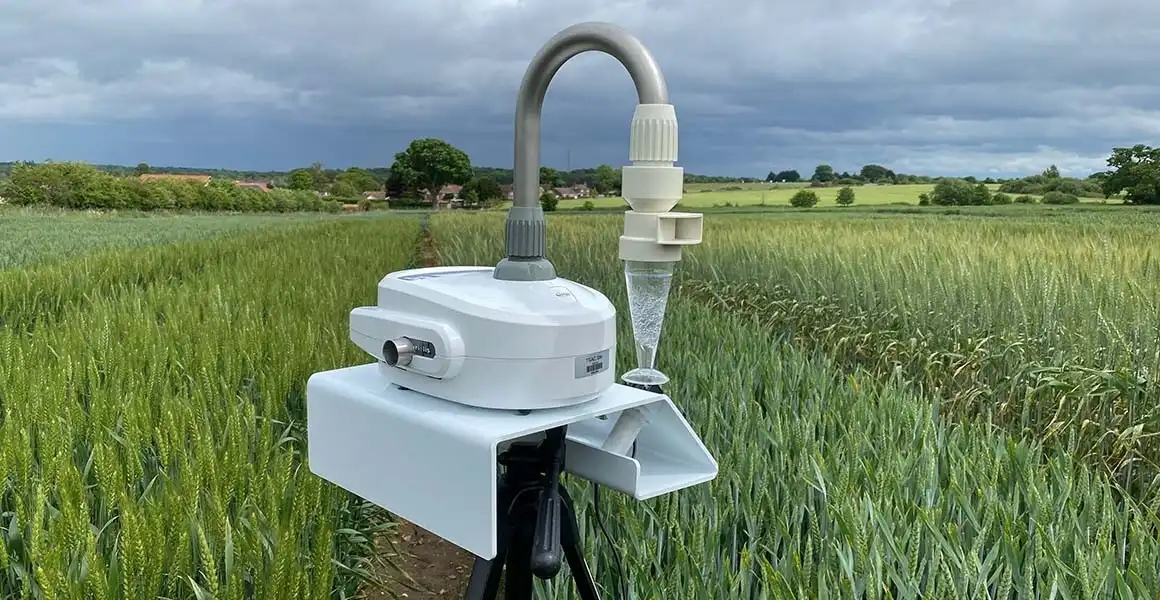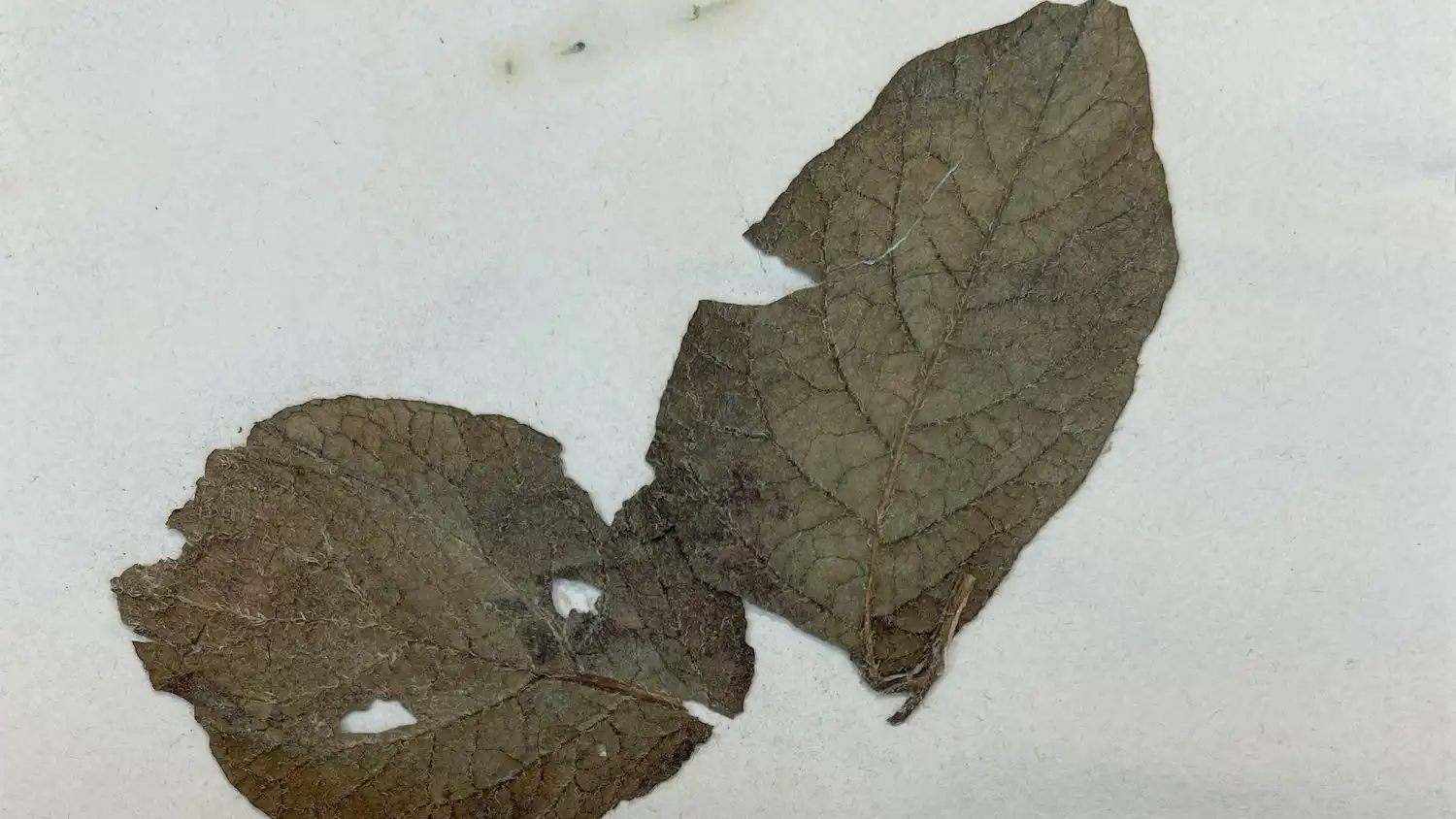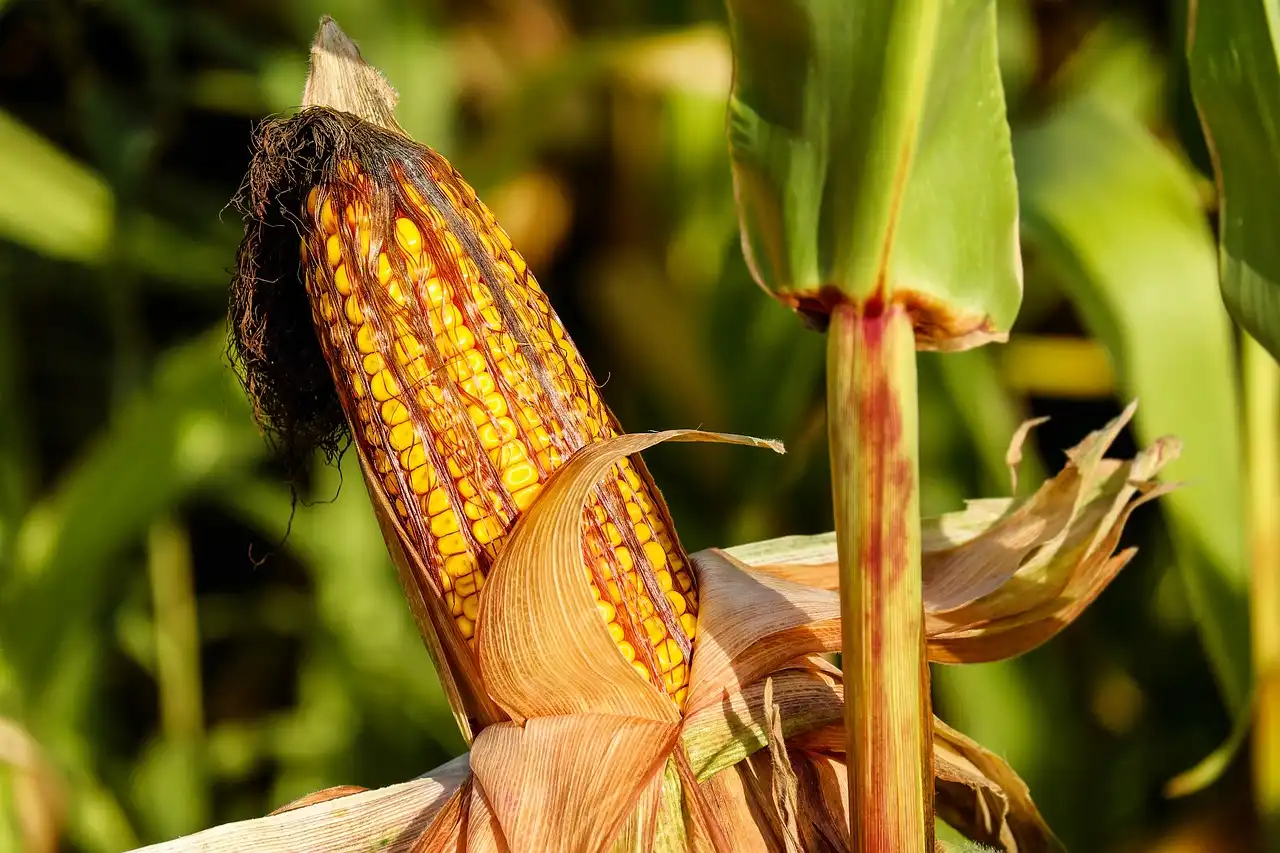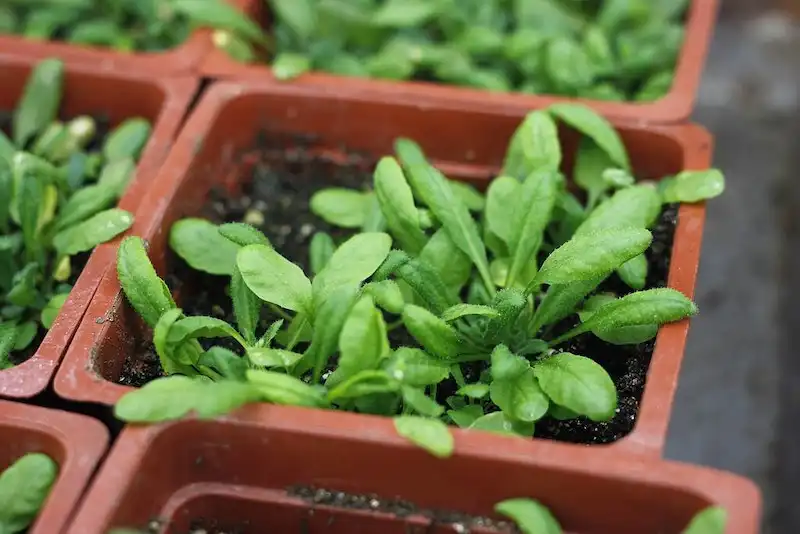
Researchers have created a deep learning method to analyze social media images taken within protected green spaces to gain insights on human activity distribution as a way to monitor the ecological impacts of these activities.
Environmental biology researchers at the National University of Singapore (NUS) have developed an efficient method for rapidly identifying and classifying human activities within nature reserves at the global level, using social media and deep learning techniques.
Many people visit nature reserves for various reasons, such as hiking to keep fit.
Despite these benefits, it is clear that having too many visitors could lead to overcrowding and negatively impact conservation efforts.
Consequently, to implement more effective land use management strategies for crowd control, governments need to gain insights into how these green spaces are used.
However, as most of these nature reserves cover large land areas, using conventional field surveys to monitor human activities within them can be costly and time-consuming.
The research team, led by Associate Professor L Roman CARRASCO from the Department of Biological Sciences under the NUS Faculty of Science along with his PhD student, Mr Timothy Bing Lun YEE, has developed a technique to process social media images taken within protected areas (PAs) as a proxy for identifying human activities within them.
By parsing these images through a deep learning image tagging model, the human activities depicted within them are automatically detected.
These tagged images are then subsequently grouped into distinct categories of human activities.
They analysed a total of 87,090 photos from 2,813 PAs in 207 countries for this study.
These findings have been published in Scientific Reports.
The researchers made some interesting observations. Most notably, distinct clusters of activity types across PAs aligned closely with expectations.
For instance, there were many photographs of animals and plants in Southeast Asian PAs, while European PAs had numerous photographs of historic castles.
Also, PAs within the same country showed similar activities, even if they had different physical environments.
In explaining the significance of this work, Mr YEE said, “While there have been similar studies, this is possibly the first study that tries to investigate human activities within PAs on a global scale. It demonstrates the utility of social media and deep learning in empowering researchers to investigate pressing environmental issues at a much larger scale.”
Prof CARRASCO added, “The team hopes that this technique can be adopted by nature organisations to monitor land use patterns in nature reserves efficiently and cost-effectively, enabling more targeted conservation efforts to protect ecosystems despite increasing visitor numbers.”
Read the paper: Scientific Reports
Article source: National University of Singapore
Image credit: Researchers from the NUS Department of Biological Sciences extracted images of human activity in protected areas, such as hiking, from Flickr and tagged them to categorise the type of activity in the photo to analyse the global distribution of that activity across different protected areas.


